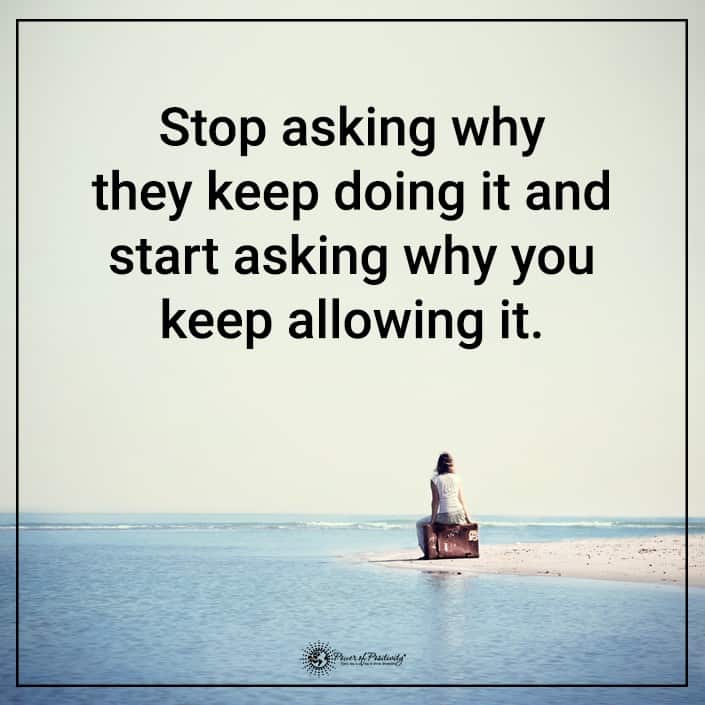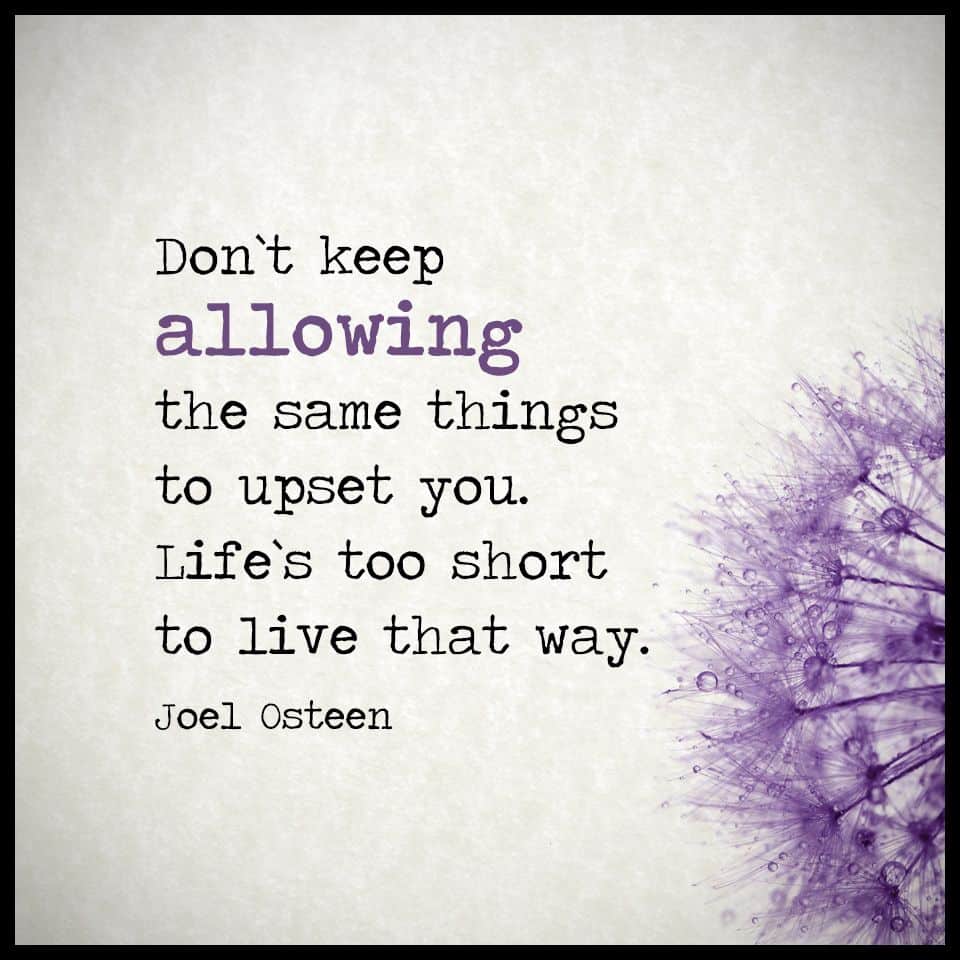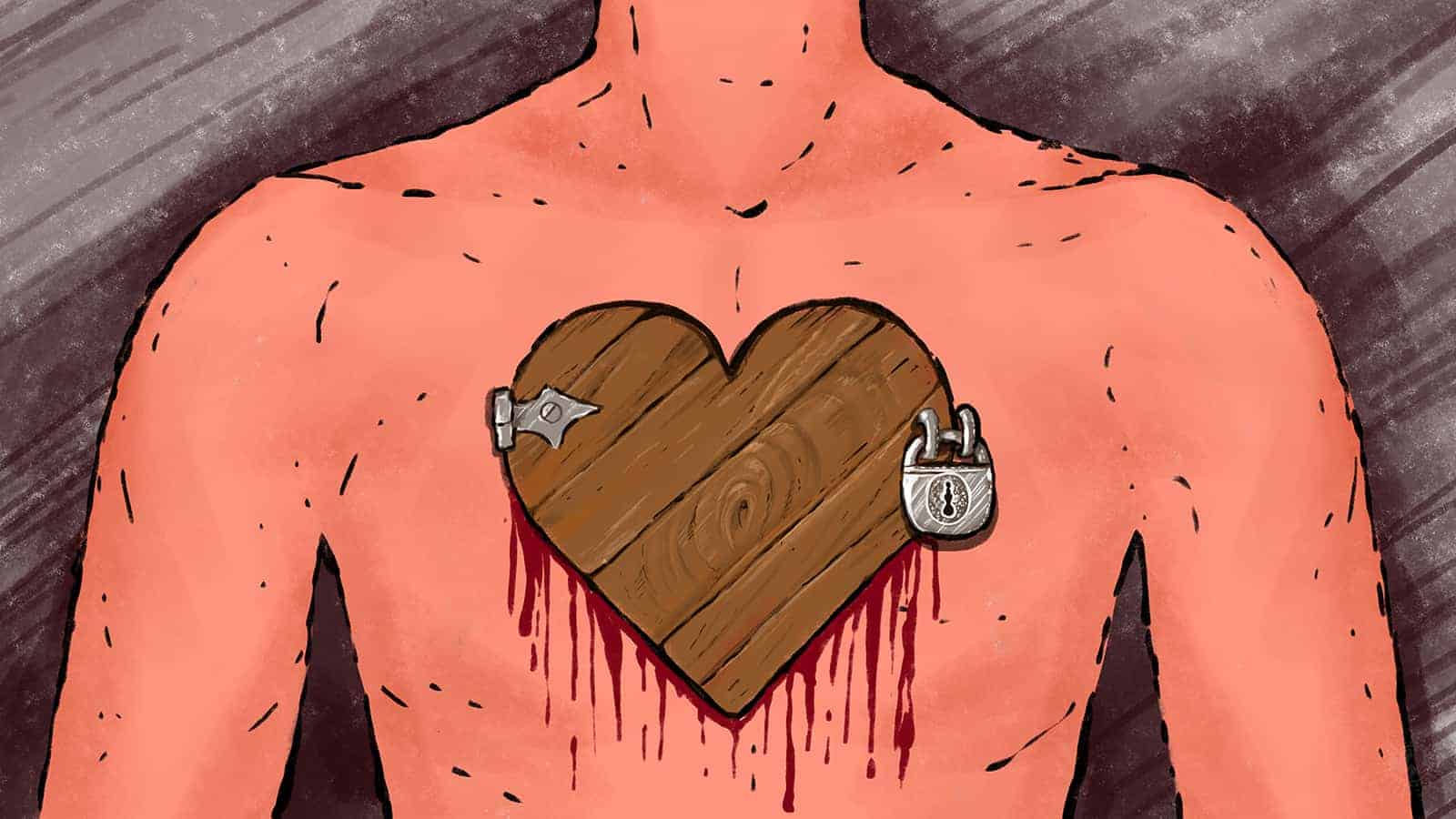Breakups are difficult moments. You’ll feel heartbroken and eat ice cream out of the tub as you reminisce on all the fun times you had with your ex. You’ll feel sorry for yourself for days, if not weeks or even months. But, inevitably, you’ll move on – or so we hope!
The trouble with the cycle of breakups and dating is that so many people continue to perform the same trends in their dating life over and over again. If that sounds like you, then you’re probably slowly getting disillusioned with love. Yikes!
So, what can you do about this? You can begin by taking your breakup and using that pain as a tool to grow and improve yourself. It doesn’t sound very easy, but it’s workable! Here are five ways to convert your breakup into a breakthrough.
1. Reflect On The Breakup
Maybe you were hit with a post-breakup realization, or you are now falling apart without them. Whatever the case may be, it can be tempting to go back, kiss, and repair the relationship. But remember – you broke up with them in the first place for a reason.
 · Why The Breakup?
· Why The Breakup?
Unpleasant as it may be, it’s important to remind yourself why you’re in this predicament. Things don’t happen randomly – something brought you here, and those reasons are valid. They must be honored and reflected upon post-breakup so you can achieve a breakthrough.
· Balancing The Positive With The Negative
Positive thinking is good and all, but a study has shown that focusing on positive memories can worsen one’s heartache while reflecting on the negative helps exes recover and heal faster. While obviously, you shouldn’t focus entirely on the negative aspects and demonize your partner, it’s important to note that attachment feelings don’t just magically vanish. They can be hard to deal with in the aftermath of a breakup, especially if you don’t want them. With that in mind, reminding yourself about your ex’s negative qualities or the wrong parts of the relationship can help keep those rose-tinted glasses away.
· Noting Any Patterns
Reflecting post-breakup is a great way to note down some patterns – be it in the partners you choose, the problems that crop up, the way you react to certain situations, or even how your relationships end every time. This way, you can make sure that you can note down the lessons you learned from this last relationship and use them to break the cycle for a healthier future partnership.
2. Let Yourself Feel The Pain
Denial is part of the five stages of grief for a reason. After cutting out a significant figure in our life, it is only human to be wrecked by our emotions – and they often feel too heavy to bear.
It’s tempting to distract yourself with all sorts of things to dull the pain during this breakthrough. But this isn’t helpful in the long run. Instead, remember that:
· You Are Allowed To Feel
Pain is indicative that something is wrong. It draws your attention to the issue and asks you to fix it. To ignore your heartache, then, would be to overlook the actual cause – that you are grieving. Grieving is only a natural step in the process of separation. You feel loss, and to grieve is to acknowledge. So shed tears for what was and what could’ve been. So permit yourself to cry – it allows you to give yourself closure on an emotional level and learn from it for your future relationships.
· The End Is Only The Beginning
To begin a new chapter, the previous chapter must come to an end. Allowing yourself to acknowledge your frustration and loss gives you a chance to confront the sources of those hurt. From there, you can rebuild. Your emotions will come out one way or another. Thus, facing your feelings in their purest and most authentic form allows you to ensure that you can channel them into appropriate, constructive spaces to have a genuine breakthrough.
· You Need A Game Plan
Positive thinking is a tool, not a crutch. Ultimately, you’ll still need a recovery plan – and taking the time to identify where and how you hurt is the key to formulating the right course of action. This is because feeling your pain and grief allows you to understand yourself better, which is necessary to better yourself—for example – feeling lost and abandoned? Look towards getting professional help or reconnecting to the lives of those around you once more.
3. Limit Contact With Your Ex
Even if it was a bad relationship, learning how to be alone once more is difficult – and staying in contact with an ex you still hold a flame for won’t do you any favors.
Research has shown that:
· You’ll Struggle To Move On
Maintaining a friendly relationship may seem like a good thing at first, but it can quickly stoke delusions of reconciliation as false hope develops. Jealousy can quickly develop, too, especially when either one of you starts moving on. Either way, you’ll end up prolonging the recovery process as that possibility of coming back together remains tantalizingly within your reach – even though it’s all fake or unhealthy.
· It Can Be Distressing
Keeping tabs on your ex’s social media can become an obsessive compulsion. It can also tear open old wounds or rub salt into pre-existing ones. As a result, it fuels any number of unhealthy thought patterns you may have. For example, you might get increasingly frustrated and angry that the breakup seemingly isn’t affecting them as severely – and that may drive you to irrational thoughts or behavior.
· You Need Space To Heal, or You Can’t Have the Breakthrough You Need
Even if it’s a temporary measure, drawing up a strong ‘No Connection’ boundary will be healthiest for both of you. It’ll give you both privacy and space to recover, and from there, learn how to be separate individuals once more.
 4. Focus On Yourself to Achieve a Breakthrough
4. Focus On Yourself to Achieve a Breakthrough
Nobody likes being the source of something negative, especially when it’s something so near and dear to one’s heart. You might find yourself wanting to blame anyone or anything but you as the cause of your relationship coming to an end. This isn’t helpful. Nor is it healthy.
· Don’t Fixate
Most of us want to find the closure that will make us feel better and answer or explain what happened and how it all went so wrong. To some degree, this isn’t a bad thing – a little bit of self-reflecting and examination is suitable for everyone. Where it goes wrong is when you pore over it for months or years on end. Going through every single beat of your relationship won’t help you in any way. At some point, you’ll have to close the chapter on your terms – regardless of how unsatisfactory or complete that closure feels.
· Don’t Push Around Blame
Your trauma and pain are authentic, and you must acknowledge them. However, trying to validate it by lashing out at your ex or those around you will only make things worse. Not only will it merely prolong the pain and suffering (without addressing the real cause), but you may end up hurting and isolating those around you who wanted to help you in the first place. Instead, focus on facts and accept that what’s done is done, and move on with your life.
· Stay In The Present, Plan For The Future
The past has gone, which begs the question – who are you now? What will you become? These can be painful questions to answer, but they are necessary for you to move forward with your life and dreams. Anchoring yourself here and now brings attention to what you have in your hand presently, rather than what you’ve lost. This allows you to reconstruct once more who you are as a person separate from your relationship and guide you towards being whole again as an individual.
5. Be Kind To Yourself
Perhaps you sit on the other end of the spectrum. Maybe you’re replaying memories over and over in your head, wondering what you could’ve done better. Perhaps you are taking on responsibilities that were never yours and punishing yourself because you feel like you deserve worse.
· Emotions Are Not Facts
When it comes to matters of the heart, it’s easy to assume that if it feels so, then it is so. In reality, this isn’t the case – facts and feelings are two separate things. Just because you feel like you deserve punishment or responsible for something doesn’t mean you are. As such, bear in mind that no matter how you think about something, it should be kept in check with logical, factual observation. Ask yourself – is there a practical, objective reason for this statement, or is it an emotion-based statement you’re trying to pass off as factual?
· Don’t Wallow – It Blocks Your Breakthrough Moment
Beating yourself up because you feel and think as if you deserve it won’t change anything. You may feel better temporarily, but it’s a vicious cycle that reinforces any negative self-beliefs you may already have. Research shows that the best way to counteract this is by picturing yourself care and compassion. This allows you to recover better and more thoroughly from a breakup, as you support yourself positively from the inside out. Additionally, this makes it easier for others to help you too!
· Care For Yourself You Would A Loved One
To do this, treat yourself as someone you care about. If you wouldn’t say this statement to someone you love who’s going through the same situation, then you shouldn’t be saying it to yourself either – no ifs or buts about it. Replace it instead with something else you would tell a loved one to make them feel better. What would you say to a loved one in your shoes?
 Final Thoughts On Some Ways To Convert Your Breakup Into A Breakthrough
Final Thoughts On Some Ways To Convert Your Breakup Into A Breakthrough
Breakups are often unavoidable. They’re such a standard part of life and love that it’s rare never to experience once in your lifetime. So don’t be stuck in a stagnant state of falling in and out of love non-stop. Instead, turn your breakups into breakthroughs and level up in your romantic life each time with better relationships and healthier dating habits!




















